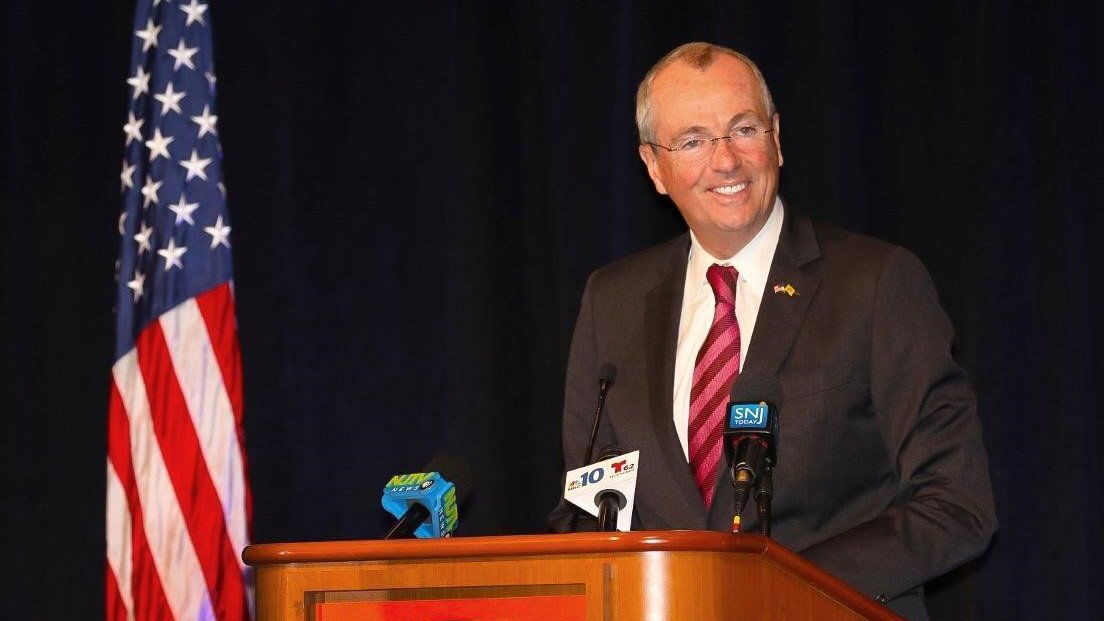UKGC fines LeoVegas $1.3M; warning issued over social responsibility and AML failures

The United Kingdom Gambling Commission (UKGC) announced Wednesday it has fined Swedish online gaming company LeoVegas £1.32 million ($1.34 million) after investigations discovered social responsibility and anti-money laundering failures.
The operator, which runs a series of sites – leovegas.com, slotboss.co.uk, pinkcasino.co.uk, betuk.com, and 21.co.uk –, will also receive an official warning and undergo an audit "to ensure it is effectively implementing its anti-money laundering and social responsibility policies, procedures and controls," the UK regulator said.
Leanne Oxley, Gambling Commission Director of Enforcement and Intelligence, said: "We identified this through focused compliance activity and we will continue to take action against other operators if they do not learn the lessons our enforcement work is providing."
Gambling operator LeoVegas will pay a £1.32 million fine for social responsibility and anti-money laundering failures: https://t.co/Hz7yvttR60
— Gambling Commission (@GamRegGB) August 3, 2022
LeoVegas was found responsible for having incurred a series of social responsibility failures, including failing to set adequate spend triggers, as well as setting higher time limits on the number of hours guests could play without proper reasoning or explanation.
Additionally, the operator was found lacking in their own policy of "interacting with customers exhibiting indicators of harm." According to the regulator, LeoVegas "failed to take into account the Commission's 2019 guidance on customer interactions."
In terms of AML failures, the operator’s financial triggers for anti-money laundering reviews were "too high and unrealistic" to effectively manage money laundering and terrorist financing risks.
According to the regulator, LeoVegas relied on ineffective threshold triggers and inadequate information in regards to how much a customer should be allowed to spend based on their income or wealth, or any other risk factor.
Furthermore, the company had inappropriate controls in place, allowing significant levels of gambling spending to take place within a short space of time without knowing anything about customers’ financial situations.
"This case is a further example of operators failing to protect customers and failing to be alive to money laundering risks within their business," Oxley concluded.















































